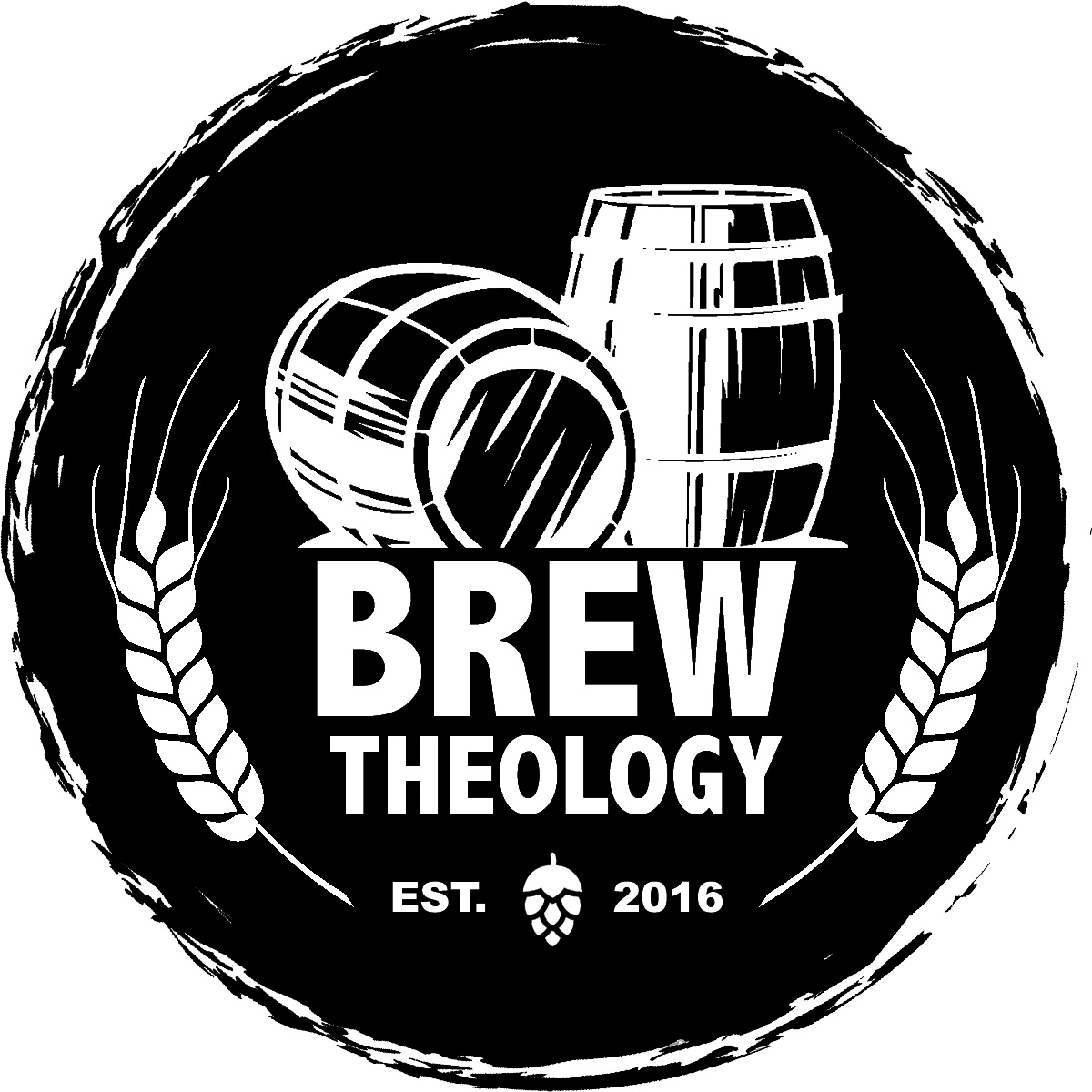Prost! People Matter!
Prost! People Matter!
To Prost or not to Prost? That is the defining question in our current age. Perhaps you’ve heard the common jokes about a Jew, Muslim and Christian walking into a bar… They typically do not end well. There are other memes floating around online that speak to a Jew, Christian, Muslim AND an Atheist walking into a bar or a coffee house. They talk, laugh, and they have drinks together. And it’s NOT a joke because this is what happens when you’re not an A**hole. This never gets old, and I always laugh and kind of shake my head that the western world doesn’t get the simplicity of this kind of eclectically wild communal bond that can essentially exist in our pluralistic context. I’ve had so many Facebook friends share these memes with me since they know what we are doing in Denver is a beautiful and crazy idea this is actually working within a world that doesn’t “Prost” very well.
People across the western world visit pubs and coffee houses in droves. And fluid conversation always happens in a bar or a coffee house. That being said, I have had multiple people tell me that the kind of honest and raw conversations being held at these venues are lacking substance and intentional focus for many individuals. Sure, there’s a lot of prosting going on; it’s a lot of fun and real, but there’s something missing. On the other hand, there is another kind of prosting going on in religious circles, but it often lacks diversity. And it is one tribe doing its own echo-chamber thing without the “other.” These venues often lack the rawness, honesty and diverse vulnerability that are typically offered in a pub or a coffee house. Brew Theology brings both worlds together. We passionately prost with fierce loyalty amongst friends and strangers across the open table.
A good hearty “Prost” is where it’s at… At the end of the day, people really do matter. We are much more than our ideas and ever-evolving opinions; even in our incredibly passionate disagreements, humans need one another as we look beyond the labels that divide us and destroy us. We always tell our local Denver community that we are more than our zesty conversations and the brew that we drink. If we do not “Cheers” at the end of the night, we fail one another. Yes, we will disagree. Yes! We will feel the tension around the table. Yes. We may sincerely think “heretical” stuff is floating around the table, and we may even second-guess our own opinions as not being “right,” so to speak. More than being “right,” human beings truly matter. Treating one another with dignity and compassion is a value. Once we start there, our means of grasping community in a pluralized western world may begin to sink in with more sincere friendships, which will transcend binary labels.
We often hear the common phrase or read the bumper sticker, “Co-Exist.” This slogan may come across as naïve or too idealistic. Some may think it’s flirting with disaster. Yet, to others, it is a true heartbeat and mission for a world that needs healing. Can we co-exist and actually try to work stuff out with those with a vastly different belief system? We think it’s not only possible, but it’s practically doable in a pub or a coffee house context. The possibilities are limitless when we start with our sacred bond of shared humanity while eye-balling one another as a neighbor, no longer as strangers.
“Is this real?”
“Can I seriously be honest here?”
“Wait. Where’s the bait and switch?”
“For real? This is legit?”
So many people assume that what is happening in these Brew Theology communities is not real, or there’s some kind of hidden agenda. For many of our people, they’ve experienced so much hurt and pain from many leaders and “friends” in the religious establishment that they are waiting for the shoe to drop. One can sense the insecure, defensive walls, and then one begins to hear the continuous stories that inevitably unfold once the relationship is there – the walls begin to fall down! John and Jane went to Church X and something bad happened to them. They are now looking to find a place of belonging, but a place much different from the last place that promised safe “belonging.” Disenfranchised and deconstructing folks are looking for a place of peace. Dejected yet sacred humans are looking to be unconditionally loved no matter where they stand across the theological, political, economic, racial, sexual and gender spectrum.
Brew Theology doesn’t just say, “We are a safe place.”
Brew Theology IS safe. That is something worth prosting over, my friends.
Peace,
Prost!
Ryan

